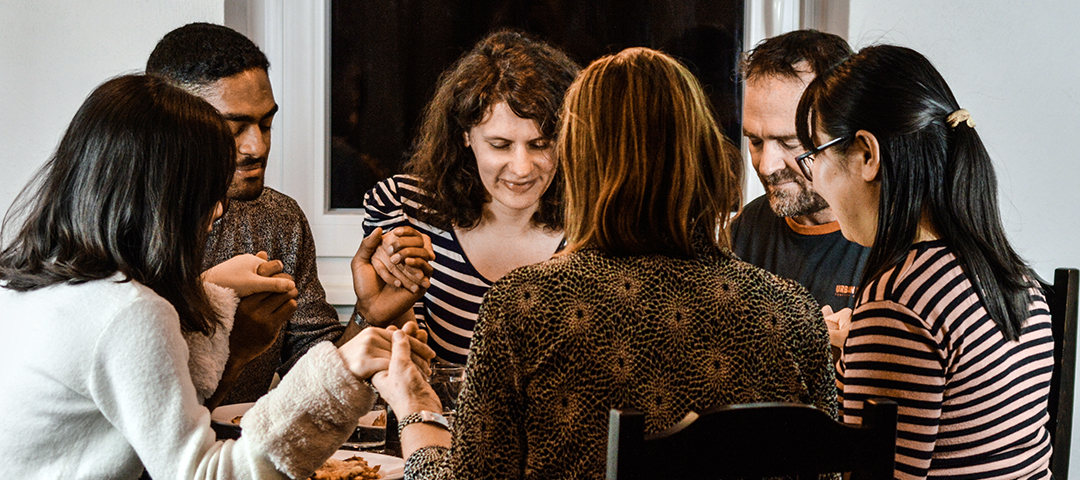
Cultural Barriers: A Crisis of Complacency
May 28, 2024
Reaching Hindus in SE Asia
June 11, 2024By Larry Wood, Regional Coordinator for Europe
Have you ever considered the challenge of spreading the gospel across Europe? It’s an incredibly diverse continent with 44 unique countries, each with its own language, cuisine, music, literature, and culture. It’s easy to overlook the importance of understanding and respecting each country’s culture when we’re trying to reach out to them. But here’s the thing: To be effective in sharing the gospel, we need dedicated missionaries willing to immerse themselves in the culture, learn the language and customs, and develop an understanding of the ones they have come to reach.
Building relationships and becoming friends with the locals is crucial, as opportunities for gospel conversations arise when the relationships are nurtured. And let’s be honest: Sharing the gospel in someone’s local language is essential in communicating the message effectively. By learning the language and customs, you will prove yourself to be a trustworthy and caring friend, and sharing the gospel will become a natural conversation from one heart to another.
We sometimes forget Europe has a rich history of Christianity, with 76 percent of people claiming to be Christians. Notable figures such as Martin Luther and Jan Hus significantly contributed to modern Christianity. To forget or ignore their history is offensive and can cause a real setback in relationship building. However, today less than one percent of Europeans are evangelical Christians who have placed their faith solely in Jesus Christ. The growing influence of secularism, atheism, and agnosticism has led to a general indifference towards the gospel. This highlights the urgency and importance of our mission to share the gospel and plant new churches throughout Europe.
But here’s the catch: Unlike other countries where missionaries can freely establish churches, in Europe they must be registered with the government, and missionaries must be members of legal churches approved by the government. To make an impact in European countries, we need to adjust our approach. People in Europe want to know that we’re legitimate and qualified and that our actions align with our words. They don’t want to be treated as mere numbers. Hence, our approach must be truthful and transparent to win their trust.
Are you up for the challenge of reaching millions of people living in forty-four different European countries who need to hear the gospel and see it lived out before them? Let’s help them differentiate between a dead religion and a vibrant, personal relationship with Jesus Christ. Let’s offer them hope in Jesus and help them see the contrast between a hopeless, atheistic, secular life and the hope of life in Christ. It’s time for missionaries to go to these countries to share the hope of Jesus Christ and plant new churches for the glory of God.

